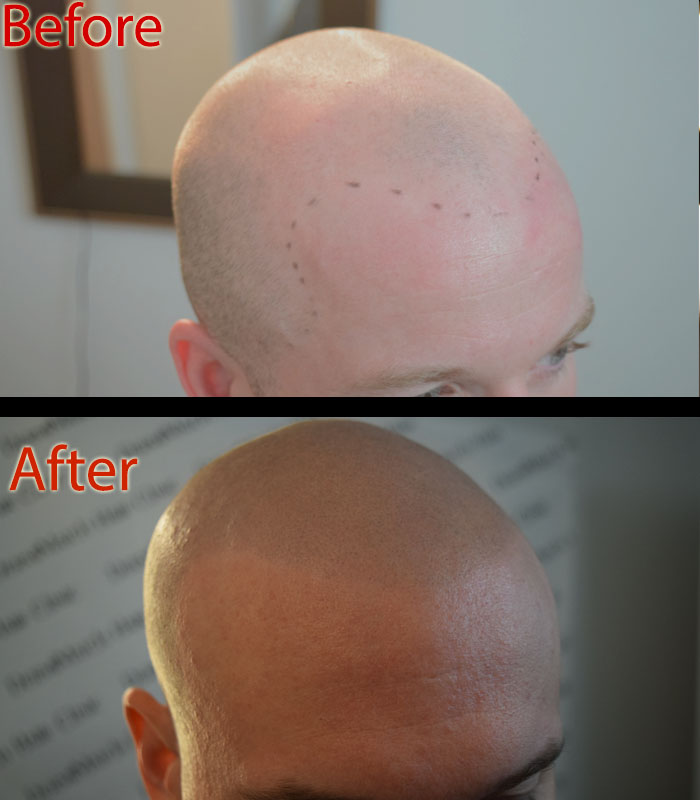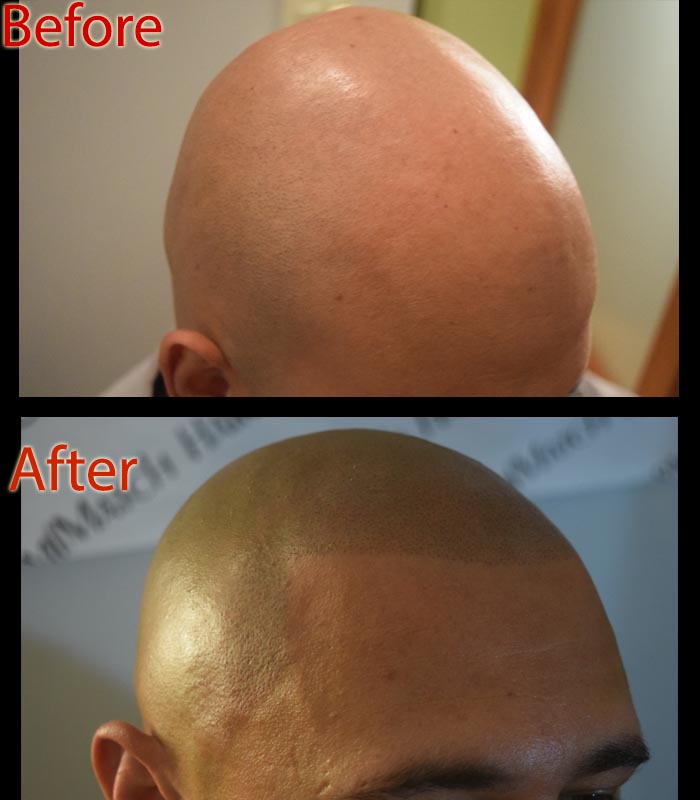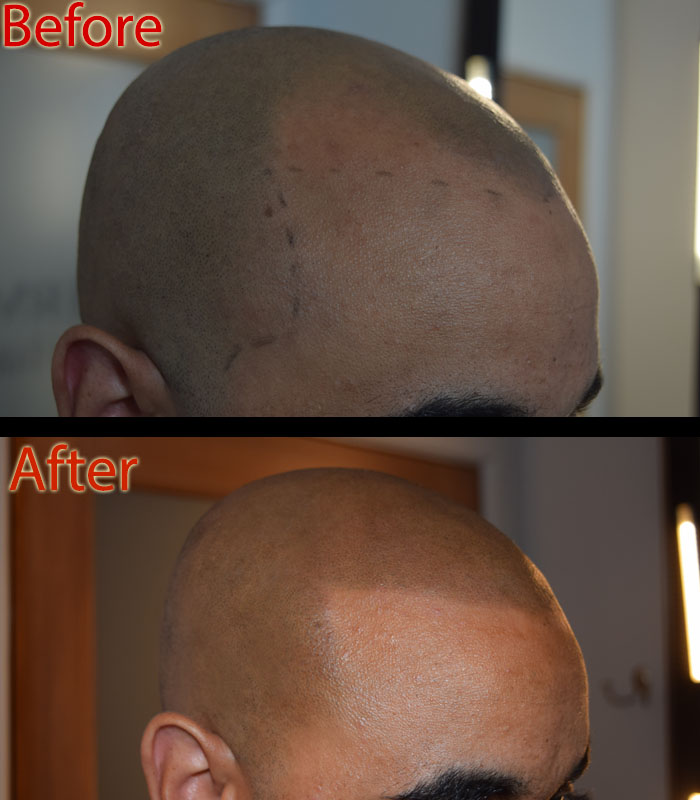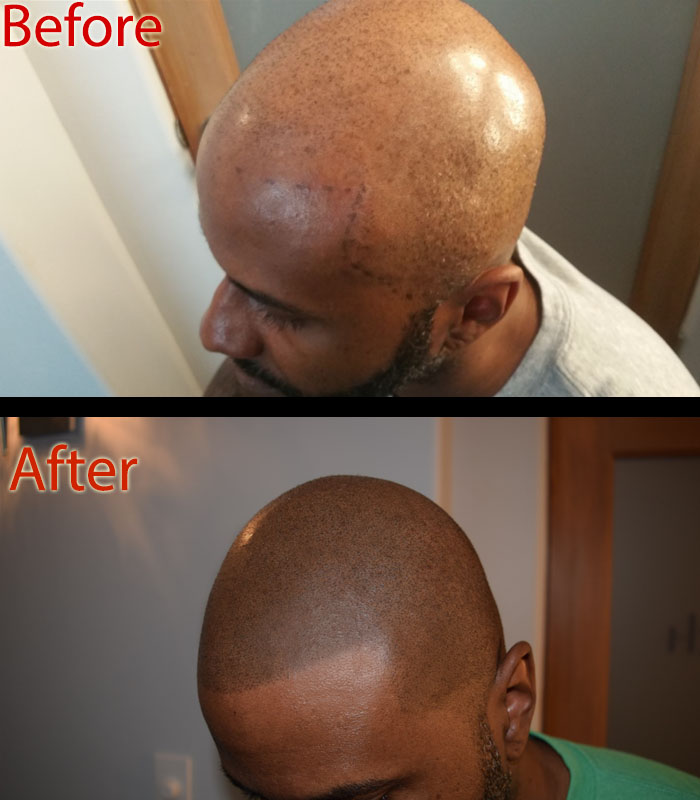What vitamins for hair growth work? Are there certain vitamins that help thicken hair? When hair loss can be frightening, vitamins offer hope. But do they actually work to stem hair loss? Hair loss is certainly no fun, though it is normal to lose 50 to 100 hair strands daily. But when this takes the form of lumps of hair loss, the sight can be frustrating as well as frightening. Certain medical conditions, environmental factors, stress, disease, and vitamin deficiencies can add to your hair loss woes. So how to thicken your hair?
Vitamins for Hair: Does Dietary Intervention Help?
You may want to begin evaluating your diet to see if there is a hair loss connection. A healthy lifestyle undoubtedly plays a vital role in improving hair health. This includes vitamins that aid in cell growth, boost hair health by preventing free radical damage, and nourishing hair follicles to stimulate hair growth.
Best Vitamins for Hair Thickness
Biotin
Vitamin B7 or biotin is an important vitamin for hair growth. It is known to stimulate the production of keratin, which increases the growth of follicles. Biotin is available in fish, meat, egg, nuts, seeds, and sweet potatoes.
Vitamin A
You may not be aware that hair cells grow quickly. In fact, they are the fastest growing. Vitamin A helps hair growth and thickness. The absorption of vitamin A helps the body produce sebum, which is essential for hair growth. A vitamin A deficiency can result in hair loss. So adding vitamin A supplements can help hair growth. You may include foods rich in beta-carotene, such as carrot, pumpkin, oats, to replenish your Vitamin A levels.
Vitamin C
Free radical damage due to oxidative stress can cause an electron imbalance in the body, thus resulting in various diseases. Hair loss is also one of the symptoms of oxidative damage. By consuming foods rich in Vitamin C, your body can shield itself from oxidative stress. Vitamin C also helps boost the production of collagen and prevent hair loss and premature graying.
Vitamin D
Vitamin D is crucial for the overall growth of the body. Deficiency can result in hair loss symptoms, such as shedding, female pattern hair loss, and alopecia. Vitamin D helps stimulate new and old follicles. The lack of vitamin D can cause stunted hair growth.
Vitamin E
Research reveals that people taking vitamin E report an increase in hair growth. The vitamin for hair growth can be found in almonds, avocados, sunflower seeds, and spinach. It can curb oxidative stress caused by free radicals in the body.
Vitamin B12
A vitamin B12 deficiency may result in hair loss, though there is no research to validate the claim that B12 supplementation can improve hair growth.
Bottom Line
While vitamins for hair growth are essential. That does not mean that vitamin supplementation can alone fight hair loss woes. If you aim for thick hair, vitamins alone might not come to your rescue. Additionally, the results of the dietary intervention are not visible overnight. You may have to wait for months to a year to see visible results.
Can You Afford To Wait for That Long?
If not, choose the easier way out to hide those thinning hair. Scalp micropigmentation is one of the most effective hair restoration techniques to camouflage hair loss and hair thinning and mimic the look of thick hair.
Get in touch with scalp experts at DermiMatch Clinic to find the best treatment for hair thinning. Their Scottsdale SMP professionals are the best in the industry with years of experience and skills in scalp micropigmentation.




